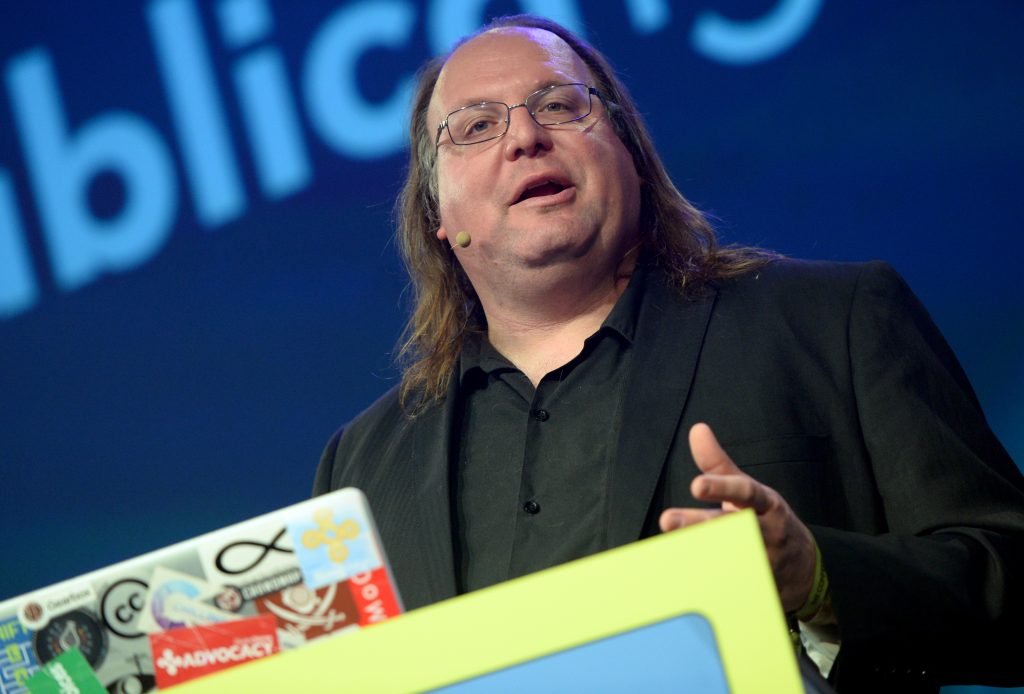Summarize this content to 2000 words in 6 paragraphs Ethan Zuckerman, known as the creator of pop-up ads, has become an outspoken critic of the very online systems his invention helped shape.Zuckerman, a professor at the University of Massachusetts Amherst, has expressed regret over creating one of the internet’s most disliked features and has become a prominent voice cautioning against trends in internet censorship and the dominance of ad-based business models.He has warned that corporate resistance to user autonomy, combined with government censorship, poses a significant threat to free expression and innovation online.Why It MattersZuckerman’s critiques of the internet’s trajectory resonate because they come from someone who played a pivotal role in its early development. His regrets about enabling intrusive advertising and warnings about internet censorship and monopolies provide valuable insights into the challenges of building a more equitable online world.What to KnowIn his work as a public policy expert, Zuckerman has warned about the increasing shift toward censorship in the United States. A recent article in The Atlantic detailed how bipartisan national security concerns led to a U.S. TikTok ban in 2025. Zuckerman argued that this move contradicted the country’s free speech ideals, further eroding trust in the government’s commitment to online freedoms.What Is Ethan Zuckerman Known For?Zuckerman’s role in shaping the early web is most associated with his creation of pop-up ads while working at Tripod.com in the late 1990s. The innovation, initially intended to protect advertisers’ brands from being associated with controversial content, became widely reviled. Reflecting on the unintended consequences, Zuckerman wrote, “I’m sorry. Our intentions were good.”He has since become a critic of ad-supported internet models, arguing they have led to widespread privacy violations and corporate dominance over online content. “I have come to believe that advertising is the original sin of the web,” Zuckerman stated in a 2014 essay for The Atlantic.Why Did Ethan Zuckerman Sue Meta?In 2024, Zuckerman filed a lawsuit against Meta (formerly Facebook), citing concerns about the company’s algorithms and the lack of user autonomy on its platform. The case arose after Meta forced the removal of a third-party tool, “Unfollow Everything,” which allowed users to curate their newsfeeds and regain control over their online experience. Zuckerman argued that such tools could foster a more civic-minded internet by reducing algorithmic interference and empowering users to determine the content they see.
What Is Ethan Zuckerman Doing Now?Ethan Zuckerman is an associate professor of public policy, communication, and information at the University of Massachusetts Amherst. He also serves as the director of the UMass Initiative for Digital Public Infrastructure, where his work focuses on reimagining the internet as a tool for civic engagement. His research spans topics such as civic media, online community governance, and the use of technology to drive social change. Before joining UMass, Zuckerman was the director of the Center for Civic Media at MIT.Additionally, Zuckerman remains vocal on issues of internet censorship. In a recent The Atlantic article, he criticized the U.S. government’s ban on TikTok, calling it a “shameful contradiction” of the nation’s free speech ideals. He continues to propose solutions that prioritize user privacy and independence over national security justifications for restricting access.What is Ethan Zuckerman’s Net Worth?Ethan Zuckerman’s financial details are not publicly disclosed, and there are no verifiable sources providing an estimate of his net worth. Unlike many prominent figures in the tech world, Zuckerman’s career has been largely devoted to academia, nonprofit initiatives, and civic engagement rather than profit-driven ventures.What People Are SayingEthan Zuckerman, in a 2014 essay for The Atlantic, wrote: “The fallen state of our Internet is a direct, if unintentional, consequence of choosing advertising as the default model to support online content and services.”Christopher Jon Sprigman, a law professor at New York University (NYU), in a blog post said: “The government itself said this case is about speech. One of the government’s rationales for the act—to limit the People’s Republic of China’s (PRC) ability to manipulate content covertly on the TikTok platform—is stating an express speech restriction, on which is both content and viewpoint-based. In other words, it seeks to suppress pro-PRC speech.”Sarah Shugars, assistant professor of communication at Rutgers–New Brunswick, said in an interview with Newsweek: “These changes to content moderation policies are political decisions and represent a clear capitulation to threats from the incoming administration. The removal of fact-checkers and loosening of policies will only serve to discourage free speech and exacerbate bias on platforms. Claiming otherwise would be laughable if the repercussions were not so serious”What’s NextThe challenges of censorship, privacy, and platform monopolies remain central to the debate about the internet’s evolution. As lawmakers and corporations grapple with these issues, Zuckerman’s voice stands out as both a reminder of the web’s origins and a call to create a more equitable digital future.Advocates for digital rights have echoed Zuckerman’s concerns about censorship and monopolistic practices by tech companies.












